
Discover your next IT certification,
unlock your potential, earn more!
Jumpstart your career with expert Wiley resources
Discover Your Learning Path,
Get Certified, Earn More!
We’ve heard the news — IT students and professionals are leveraging certifications like never before!
Whether you’re looking to land your first job or advance your IT career, take a confident step toward achieving that goal with strategic tips and guidance on how popular IT certifications are earned, maintained, and measured by employers in 2025. When you're ready, access the "Certification Prep" tab to explore our full library of exam prep books in subjects across Cybersecurity, Cloud, Networking, Programming, and more!
Essential Certification Prep

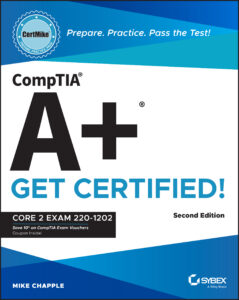
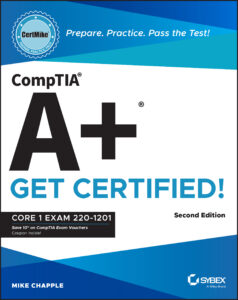
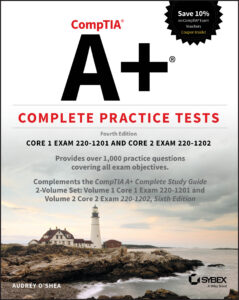
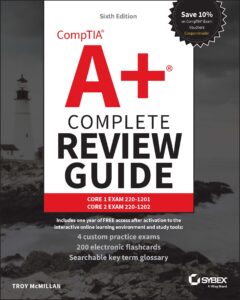

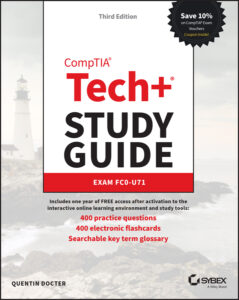 New Exam Prep
New Exam Prep
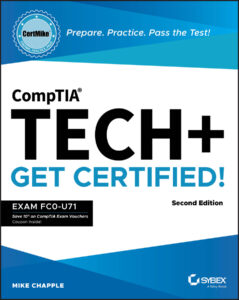 New Exam Prep
New Exam Prep
Find the right resource for you in your career journey! Explore our full certification books library
and filter by Prep Format, Exam Experience Level, and Certification Provider (ISC2, CompTIA, AWS).
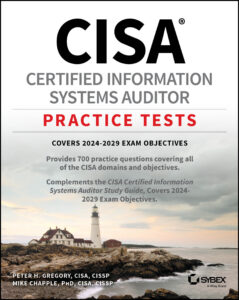
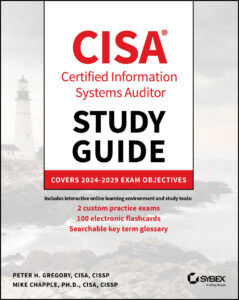
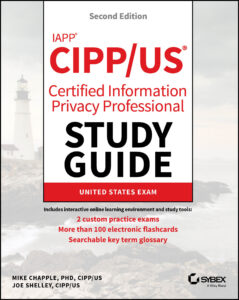
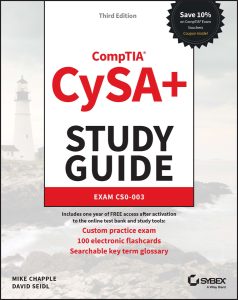 New Edition
New Edition
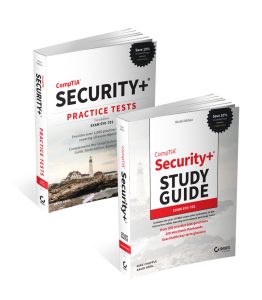 New Edition
New Edition
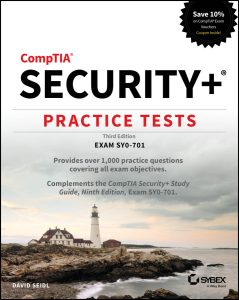 New Edition
New Edition
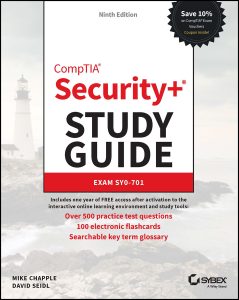 New Edition
New Edition
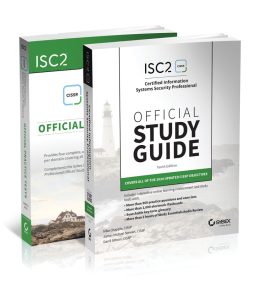 New Edition
New Edition
Find the right resource for you in your career journey! Explore our full certification books library
and filter by Prep Format, Exam Experience Level, and Certification Provider (ISC2, CompTIA, AWS).

 New Edition
New Edition

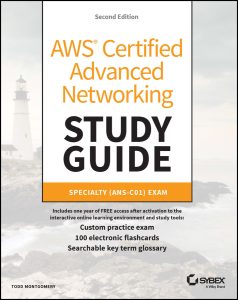 New Edition
New Edition
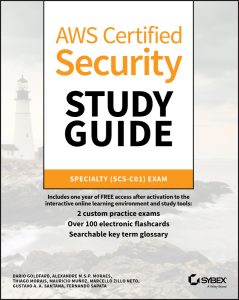
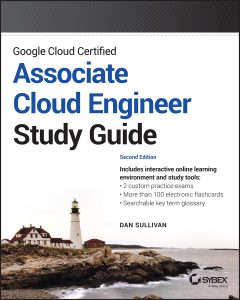
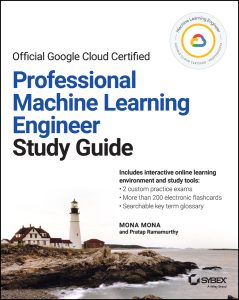 New Edition
New Edition
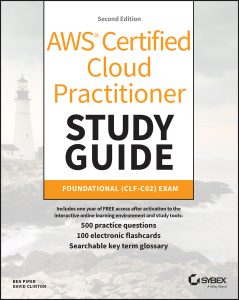 New Edition
New Edition
Find the right resource for you in your career journey! Explore our full certification books library
and filter by Prep Format, Exam Experience Level, and Certification Provider (ISC2, CompTIA, AWS).
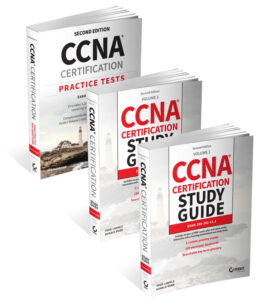 New Exam Prep
New Exam Prep
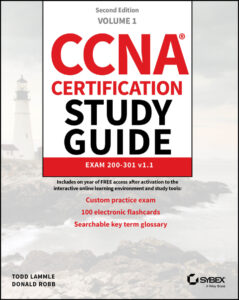 New Exam Prep
New Exam Prep
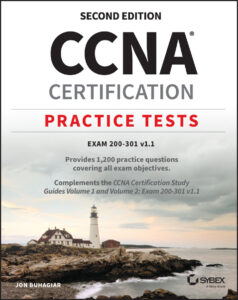 New Exam Prep
New Exam Prep
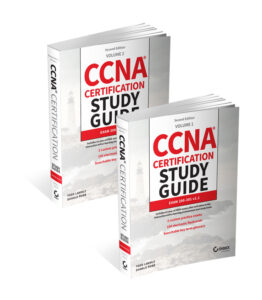 New Exam Prep
New Exam Prep
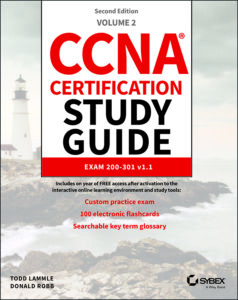 New Exam Prep
New Exam Prep
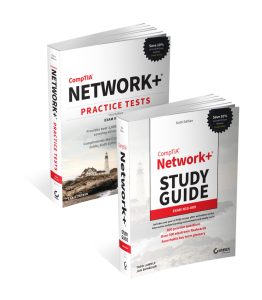 New Edition
New Edition
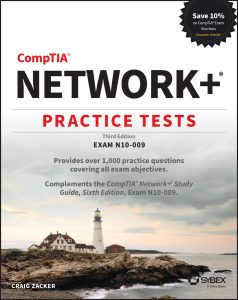 New Edition
New Edition
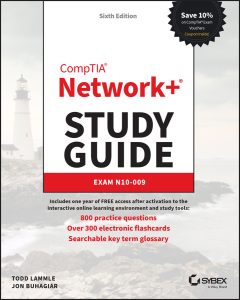 New Edition
New Edition
Find the right resource for you in your career journey! Explore our full certification books library
and filter by Prep Format, Exam Experience Level, and Certification Provider (ISC2, CompTIA, AWS).
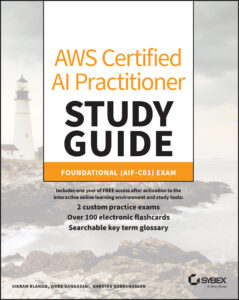

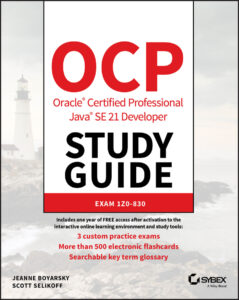 New Exam Prep
New Exam Prep
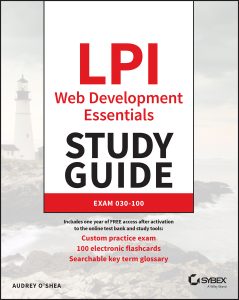
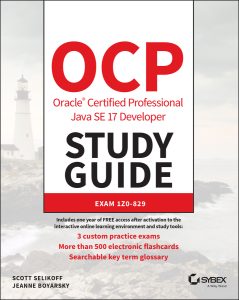
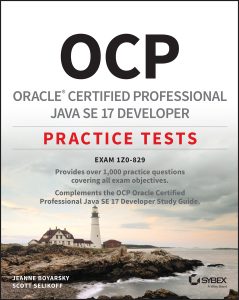

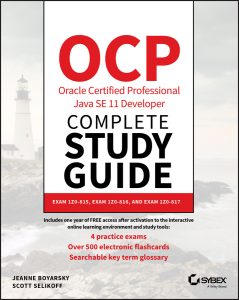
Find the right resource for you in your career journey! Explore our full certification books library
and filter by Prep Format, Exam Experience Level, and Certification Provider (ISC2, CompTIA, AWS).
 New Edition - Preorder Today
New Edition - Preorder Today
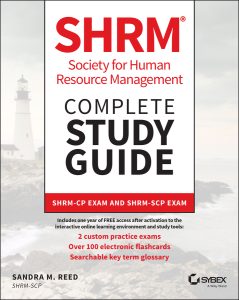
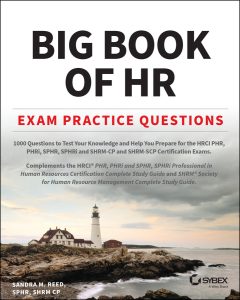 New Exam Prep
New Exam Prep
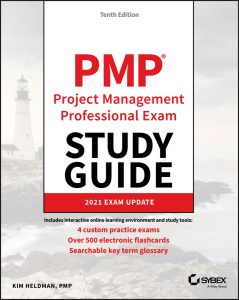
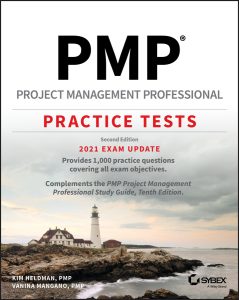
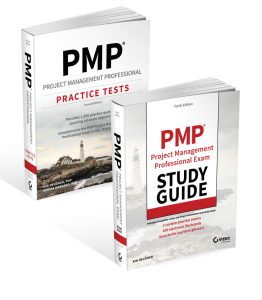
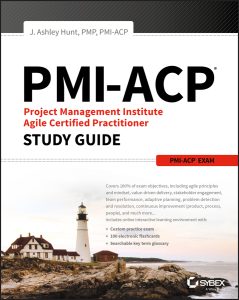
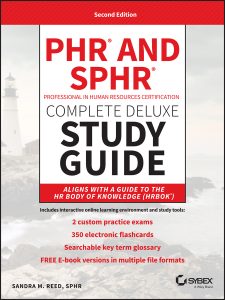
Find the right resource for you in your career journey! Explore our full certification books library
and filter by Prep Format, Exam Experience Level, and Certification Provider (ISC2, CompTIA, AWS).
CompTIA A+ FAQs
Why should I obtain the CompTIA A+ certification?
The CompTIA A+ certification is for anyone interested in entering a career in information technology. Preparing for the CompTIA A+ gives you basic knowledge about a wide range of technologies and platforms. This knowledge includes understanding essential IT skills, including hardware, software, networking, troubleshooting, and security. These skills cover a broad range of IT topics, from configuring operating systems and managing software to understanding cybersecurity fundamentals and cloud computing basics.
Achieving the CompTIA A+ certification demonstrates to employers that you have the necessary skills listed in the CompTIA A+ objectives. Many employers consider the CompTIA A+ certification as a requirement for many entry-level IT positions. The CompTIA A+ certification is often listed in job descriptions for roles such as IT support specialist, field service technician, and desktop support analyst.
Studying and achieving the CompTIA A+ certification helps you build confidence and competence to basic IT concepts. Achieving the certification not only prepares you for the IT workforce, but also gives you a solid foundation to pursue more advanced certifications like CompTIA Network+, Security+, or vendor-specific credentials from Microsoft, Cisco, or AWS.
I don’t have any IT experience. How can I prepare for the CompTIA A+ exam?
Hands-on experience is recommended but not required before you can take the CompTIA A+ exams. To ensure your success, avoid online “brain dumps”. To study for the certification, you need to use quality resources such as the CompTIA A+ Complete Practice Tests, Fourth Edition from Sybex.
This comprehensive resource provides over 1000 practice questions that address all the Core 1 Exam 220-1201 and the Core 2 Exam 220-1202 exam objectives, and it provides thorough explanations for each option of each practice question. Reading the explanations for both correct and incorrect options will help you build the knowledge and confidence you’ll need to answer different questions about the same topics.
Once you’ve passed your exams, keep this book as a handy on-the-job reference. Each chapter addresses a specific test domain and shows the objectives covered in that domain at the beginning of the chapter so you can find the information you need quickly.
What should I do if I don’t know the answer to a question on the CompTIA A+ Exam?
There are a few different strategies you can use if you have no idea what the right answer is. (Also keep in mind that CompTIA will put unscored beta questions in live exams, so if the question is on a topic you’ve never heard of, it could be one of those.) First, see if you can narrow down possible answers or eliminate obviously wrong answers. For example, words such as “always” or “never” in an answer can be a red flag.
Another tactic is to mark the question for review and come back to it later. At the end of the exam, before you submit your answers, you can go back to review and change any that you want. Sometimes a different question will spark your memory or give you a clue about the right answer. Trust your gut, too. If your instinct was to pick a specific answer but you’re still unsure, go with your gut. Finally, if all else fails, guess! There are no extra penalties for guessing incorrectly, whereas if you leave the question blank, you definitely won’t get it right.
Are Cybersecurity Certifications Worth Doing?
Short answer is: Yes. However, there are some limiting factors to be aware of.
Most hiring managers will look for certifications to indicate you have the basic knowledge they require, and are tenacious enough to get the certification (which will transfer into being a continuous learner when you’re in the job). But many hiring managers prefer hands-on work experience over certifications alone. If you don’t have the on-the-job work experience, look for certifications that offer skills based training (learning labs, capture-the-flag exercises, etc.) so you can demonstrate to a hiring manager that you now only know the material, but how to apply it.
How Do You Assess The Quality Of A Certification?
First, there is safety in numbers. An internet search on “popular cybersecurity certifications” will give you information on which certifications are the most sought after, but job-seekers and hiring managers.
Once you have identified an interesting certification, investigate the certification organization. Some have been in business for a long time, others are vendor-specific and relatively new. Age is not a proxy for quality, but understanding the experience of the certification organization can be useful.
Look at the subject matter covered by the degree, and talk to people who have achieved the certification. Is the subject matter useful? Do the certification holders use the material in their day-to-day jobs? Are they happy they have invested in the certification?
Finally, compare the certification subject matter to the skills listed in the jobs you are seeking. Does the certification prepare you for the kind of jobs you want?

The Cybersecurity
Certification Playbook
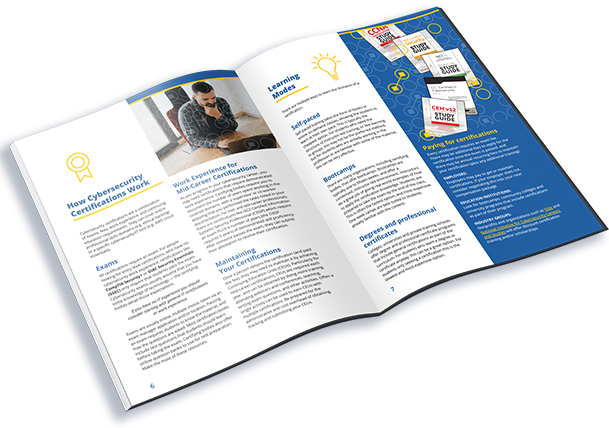
Expert Insights
Unsure where to start your IT certification journey? Take a deep dive on in demand certifications and the explore the skills they measure, their relevance to specific roles and hiring trends, and learn how you can connect them together as continuous learning stepping-stones.
The Why and How of CompTIA A+ Certification
So you’re new to Information Technology (IT) or at least you want to be, and you don’t know where to start? Search online job postings for entry level IT positions and you’re…
Augmenting Certifications
As noted in previous blogs, attaining a cybersecurity certification is a proven way to get a cybersecurity job, and to support an ongoing cybersecurity career. A combination of a general certification and…
CISSP: The Industry Standard
Most cybersecurity job postings for mid- to late- career professional positions will ask for or prefer candidates who have the Certified Information Systems Security Professional (CISSP) certification from ISC2. Why is that,…
Using Certifications To Keep Up With The Cybersecurity Industry
We previously discussed whether to get a certification or a degree. The main reason people pursue a cybersecurity certification is to get a job, or the next cybersecurity job, and as quickly…
Certifications and Skills-Based Training
Cybersecurity hiring managers place a premium on candidates who have on-the-job experience, even for entry-level jobs. In reality, “entry-level” cybersecurity jobs don’t mean “first jobs ever”, instead, getting an entry-level cybersecurity job…
Certification or Degree?
Job seekers looking to land a cybersecurity role often ask which is best: a certification or a degree. Both will signal to an employer that you know something about cybersecurity, and both…
Certification FAQs
Certification or Degree?
This doesn’t have to be an either/or question… and more often you can find degrees in community colleges and four-year programs that include industry certifications within them – win/win!
Certifications are used to indicate subject-matter knowledge – so if you already have a cybersecurity degree, getting a general certification may not be helpful in giving you the edge over other job seekers. If you have a degree, but not a cybersecurity or technology degree, using a certification can be a great way to show domain knowledge without having to go back to school.
Certifications are cheaper to obtain, and entry-level certifications that only require you to pass an exam are faster than a degree – so if you’re looking to move quickly, this might be the place to start. On the other hand, getting a degree will help you with general career progression (especially if you want to get into management one day), so if you have the time to invest in a degree, this might be a better long term option.
What Can I Do With My Certification Once I Get It?
Certifications are used for two reasons: to help people learn the subject matter (even if they don’t ultimately get the certification), and to be used to get a security job. So, once you have a certification, using it in resumes, social media profiles and other self-promotional tools can be really useful.
For general degrees like the CISM or CISSP, the certification bodies also run networking events for certified members. You can use your certification to build your network of peers and mentors to use throughout your career.
A good general certification can be a basis for foundational cybersecurity knowledge. So keep your learning materials as a reference library for your career – you will come back to the concepts in current and future roles.
Where Do I Start To Get A Cybersecurity Certification?
Start where you are. If you have no IT experience, getting a basic IT certification is a good starting point – general networking, operating system, or cloud concepts. If you have some basic IT, then an entry-level certification (e.g. CompTIA Security +) is a good way to get general foundational knowledge. A general certification is also good to have if you are a mid-career professional in another discipline contemplating moving over to security. Your goal here is to leverage the certification to build security skills so you can land a security job. Use the learning to confirm that the subject matter is interesting enough for you to want to use it in a job, and then use the certification in resumes and online profiles to signal your knowledge and skills.
Are Cybersecurity Certifications Worth Doing?
Short answer is: Yes. However, there are some limiting factors to be aware of.
Most hiring managers will look for certifications to indicate you have the basic knowledge they require, and are tenacious enough to get the certification (which will transfer into being a continuous learner when you’re in the job). But many hiring managers prefer hands-on work experience over certifications alone. If you don’t have the on-the-job work experience, look for certifications that offer skills based training (learning labs, capture-the-flag exercises, etc.) so you can demonstrate to a hiring manager that you now only know the material, but how to apply it.
How Do You Assess The Quality Of A Certification?
First, there is safety in numbers. An internet search on “popular cybersecurity certifications” will give you information on which certifications are the most sought after, but job-seekers and hiring managers.
Once you have identified an interesting certification, investigate the certification organization. Some have been in business for a long time, others are vendor-specific and relatively new. Age is not a proxy for quality, but understanding the experience of the certification organization can be useful.
Look at the subject matter covered by the degree, and talk to people who have achieved the certification. Is the subject matter useful? Do the certification holders use the material in their day-to-day jobs? Are they happy they have invested in the certification?
Finally, compare the certification subject matter to the skills listed in the jobs you are seeking. Does the certification prepare you for the kind of jobs you want?






